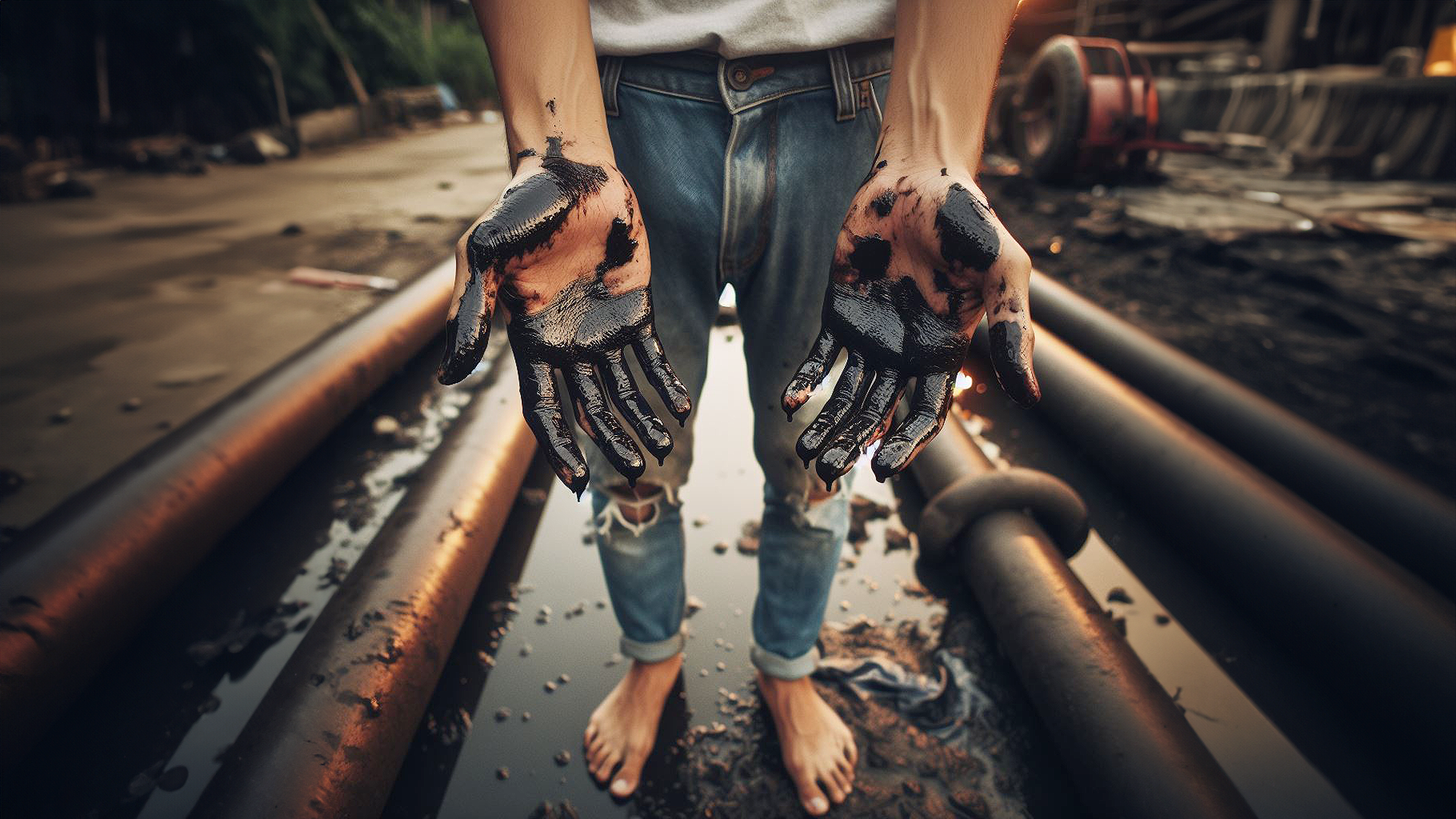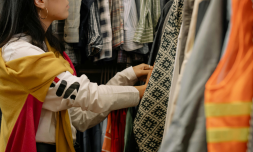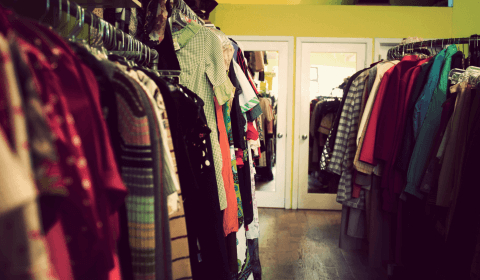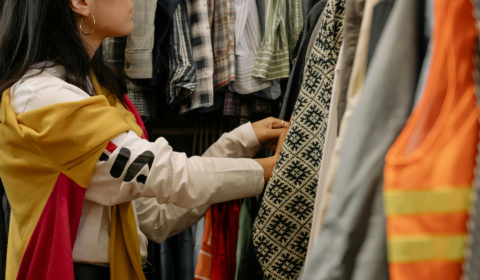Sophia Kianni is calling out fashion’s dependency on oil by educating others on production and manufacturing processes. Clothes are currently made from fossil fuel-derived synthetic fibres at an ‘absolutely horrific rate.’
With COP28 in full swing, phasing out fossil fuels to tackle skyrocketing greenhouse gas emissions is once again receiving mainstream attention.
Transitioning away from coal, oil, and gas doesn’t appear to be happening any time soon, however.
Rather than using the summit to bring about change, fossil fuel tycoons have spent the first week of talks upholding their big-business agendas – with host Sultan Al Jaber at the helm.
2,400 industry lobbyists are attending COP28 to argue that total reliance on clean energy is unnecessary to keep global warming below 1.5° Celsius.
This blatant disregard for the safety of humanity and prioritisation of profit over people has raised furore among activists, one of whom is Sophia Kianni, best known for her youth-led non-profit organisation Climate Cardinals, which is dedicated to closing the climate translation gap.
Turning to social media to vocalise her dismay, Sophia has launched ‘we wear oil,’ a campaign calling out fashion’s dependency on fossil fuels.
Her hope is that through combining culture and climate, the message will reach more consumers striving to be conscious. Our spending power is the only tangible way to hold major corporations accountable for delaying progress.
‘We can make young people understand that they are part of the solution by giving them the tools they need to understand what difference they specifically can make,’ she told Vogue Arabia in an interview.
WE ARE WEARING OIL
The fashion industry has become part of the fossil fuel industry. ‘Synthetics’ are just another term for fossil fuels.
The more clothing we buy, the more coal, oil and gas we consume.
The most sustainable garment is one you already own. #Rewear #COP28 pic.twitter.com/jhKn5H6Vsy
— Sophia Kianni (@SophiaKianni) December 5, 2023




















